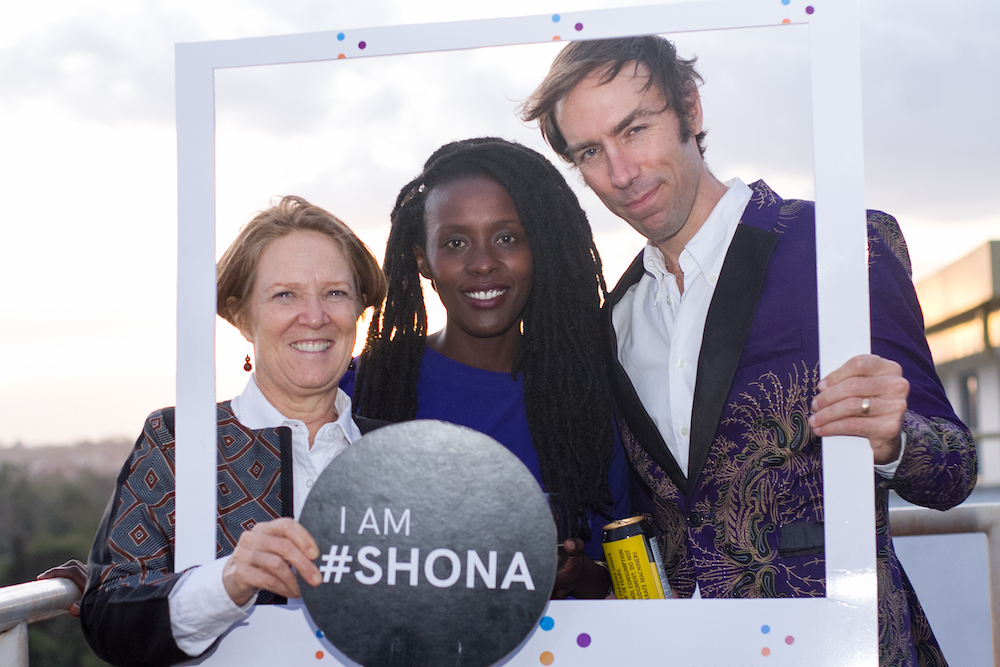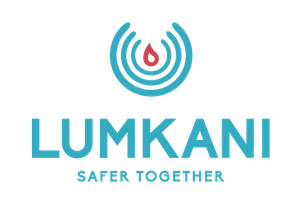
Intentionally creating equitable value for everyone involved in the success of East African businesses.
By Joachim Ewechu | CEO & Liz Karungi | Community Manager of SHONA
In 2019, after internally reflecting on our vision, mission, and purpose, we made the bold decision to shift our strategy to focus on Good Business. We define a Good Business as a well-run entity that positively benefits society. We were and continue to be excited about the 85 businesses we’ve already worked with. But we’re looking forward to supporting more for-profit East African businesses to grow within this new approach to doing business. Here’s why we think it’s important — especially as our economies begin to rebuild in the wake of COVID-19.
THE OLD, INEQUITABLE WAY OF DOING BUSINESS
When we projected the future impact of our work, we were fired up about the number of businesses we would have worked with years from now. Most exciting was how they would be the key drivers of East Africa’s social and economic growth. We visualized an East Africa with low unemployment, increased wealth, and prosperous communities. However, with an increased number of businesses opening in the region, we see the potential to have a market flooded with harmful products and services, unhealthy work environments, underpaid employees, high inequality, destruction of the environment, and struggling local communities. The old way of doing business.
This is the current reality across most of the developed world. And it’s not working.
The majority of businesses in East Africa — just like those around the world — have one goal: to maximise profit at all costs. This benefits the owners of the business greatly in the short term, but is eventually harmful to everything and everyone else involved. With this singular way of thinking about success, businesses are designed to take as much as they possibly can in order to succeed and give the benefits to their owners alone. Businesses that operate this way do not live up to their potential. And they eventually fail because they don’t nurture the people and resources that come together to help them succeed.
But what if we could change how businesses are run in East Africa? What if we could build them to live up to their full potential?
We believe Good Businesses are more competitive, last longer, and fulfill the ultimate purpose of business — which is to benefit society.
A NEW VISION FOR EAST AFRICAN BUSINESSES
Imagine an East Africa where people have access to products and services that improve their quality of life. Where people are employed in healthy work environments and are paid fairly. Where businesses are mindful about the environment in which they operate. Where the local communities are thriving as a result of their existence. And where businesses have healthy relationships with everyone in their value chain and the owners still generate wealth from their profits.
We think this is possible, and that operating this way is good for business.
But to achieve this vision of East Africa, we need a new way of running businesses. A unique strategy that focuses on intentionally creating equitable value for everyone involved in the success of the business. This approach is not only good for the business, but also for every other human involved in it. This strategy for us at SHONA is Good Business. And the businesses that achieve this are Good Businesses.
We believe Good Businesses are more competitive, last longer, and fulfill the ultimate purpose of business — which is to benefit society.
The ideas behind Good Business are not original thinking. We take inspiration from a lot of work that has been done by pioneering individuals and entities like B Lab and Conscious Capitalism Inc. And theories like impact investing, stakeholder theory, shared value, and Corporate Social Responsibility. But we’re bringing these concepts alongside our own ideas on Good Business to life in East Africa — where countless businesses are laying their foundations.
We urge anyone interested in co-creating with us to join this journey. We have a unique opportunity to avoid replicating the flaws of more mature markets by building our businesses differently. But we need to be in this endeavor with each other, and for each other.
































